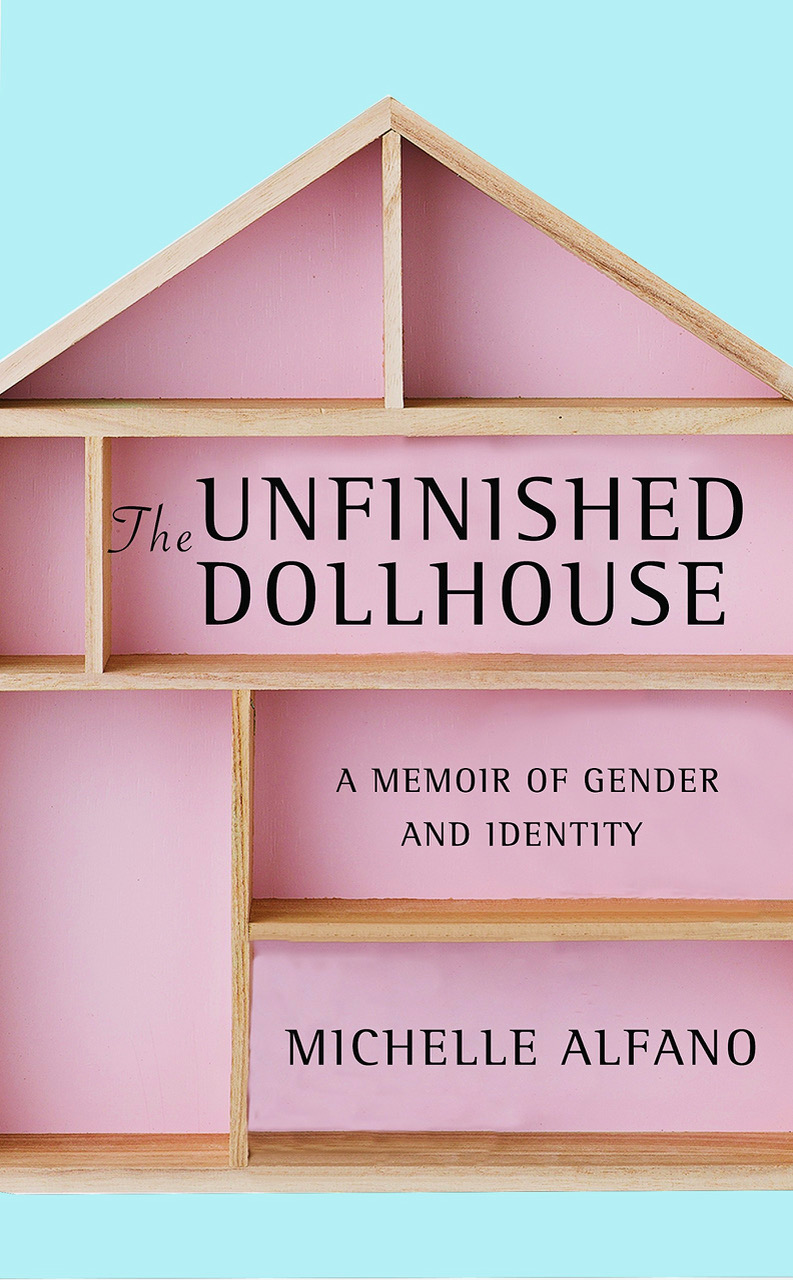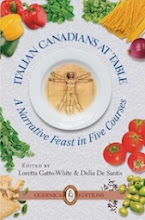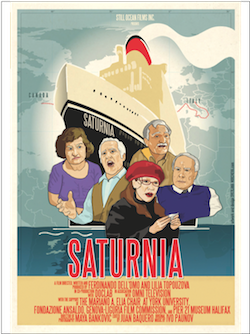The title,
By Nightfall,
implies the approach of death, or at the very least, the beginning of
thoughts of mortality and thus the hunger for lost youth, lost desire.
Michael Cunningham captures that so well here.
“The Mistake is coming to stay for a while.” Rebecca Harris announces to her husband Peter. Rebecca's
23-year-old brother, Ethan, known as Mizzy (short for "The Mistake" as he was born many years after his three older sisters), is dropping in to see his sister in New York. Yale drop out, possible boy genius, and a recovering drug addict, Mizzy is a gorgeous screw up who frequently is bailed out by one of his three sisters.
Mizzy, who has just spent several months sitting in a Japanese garden pondering five stones in a effort to spiritually enlighten himself, has always lead a life of unrealized potential or so his sisters believe. He is now ready to do "something in the arts" and wants Rebecca and Peter to assist him with that.
Peter is a mid-level Chelsea art dealer who buys and sells art, searching for that elusive genius, searching for the
beautiful in art, and, the meaning in life. His own life, in comparison, now that he is in his early 40s, appears dull and uneventful to him. Perhaps this is why he ends up in the arms of Mizzy who bears a disturbing resemblance to a young, androgynous Rebecca.
One day, Peter walks into the bathroom and, thinking it is Rebecca, pulls back the shower curtain and comes upon Mizzy. Confused, aroused, Peter quickly withdraws. Mizzy, naked, unashamed, has glimpsed something in Peter that he can happily respond to and take advantage of. Later he finds Mizzy standing naked in the living room in the middle of the night during one of Peter's frequent bouts of insomnia.
 |
| The character of Tadzio in Death in Venice |
Before our eyes, Mizzy is suddenly transformed into Tadzio from
Death in Venice and Peter is
Gustav Von Aschenbach, the hapless older man who has fallen in love with him. The literary references are subtle but effective such as when Peter's stylist suggests he dye his hair darker (which harkens back to the lovelorn Von Aschenbach who tries to exhibit a more youthful appearance in the book by dyeing his hair too).
Peter's memories takes us back to his complicated relationship with an older brother named Matthew, who was gay and who died of AIDS years ago. It's a curious memory because Peter explicitly says that he was in love with both Matthew and his then platonic girlfriend Joanna, a now faded Midwestern beauty, who has long lost her teenage luster. He ponders:
You love your wife for many reasons, among them her resemblance (which you exaggerate in your own mind) to the unattainable girl of your adolescence, who preferred your older brother and you (fuck you) love her ever so slightly less now that she's not that girl any longer. You're drawn (erotically?) to her little brother because on one hand he reminds you of Matthew, and on the other, allows you for the first time in your life to be Matthew.
Now it is Peter's turn to be the adored older male in Mizzy's eyes.
When Peter becomes aware that Mizzy is still using and having drugs delivered to Peter and Rebecca's home he is conflicted but still protective of Mizzy (and aroused by him). Mizzy begs him not to tell Rebecca as it will inevitably lead to Mizzy being sent back to rehab.
When Rebecca suggests that Mizzy accompany Peter on the installation of a piece at a wealthy patron's home in Connecticut, Mizzy uses this opportunity to steal a kiss from Peter and tell him he has always been in love with him.
 |
| Michael Cunningham |
The idea dazzles Peter. A whole new imagined vista opens up for Peter, images of a life with a young lover in an exotic location, even if temporary, excites him until Mizzy decides to leave unexpectedly and Peter's brief, erotically fueled dream shatters. In a parting shot, Mizzy threatens to tell Rebecca about what has transpired between them if Peter reveals the fact that Mizzy is still using. Peter must make a decision about what to tell Rebecca and what to do about his marriage.
I won't reveal the ending but all is not as it appears.
Cunningham has some sharp-eyed observations about the value and meaning of art, the
commodification of art, the art market and the art consumer in New York.
I liked the ease with which he deals with the shifting emotions of a long-term marriage - there is comfort, there is love and security but there is also, at times, boredom, misplaced, futile desire for others, and a yearning for adventure as ridiculous as that may be.
Although I am unsure of how this fits in with the novel, Cunningham honestly documents Peter's troubled relationship with his twenty-something daughter Beatrice who, it is hinted, also might be gay, living in Boston with an older woman, tending bar and holding grudges against her supposedly career-obsessed father for near forgotten minor transgressions.
Will I sound homophobic (or merely dim-witted?) when I say that although Cunningham is gay he writes about heterosexual desire and sex very well. I will a bit. He's simply a very good writer and is able to inhabit different personae with ease and grace.
Punto e basta.













No comments:
Post a Comment